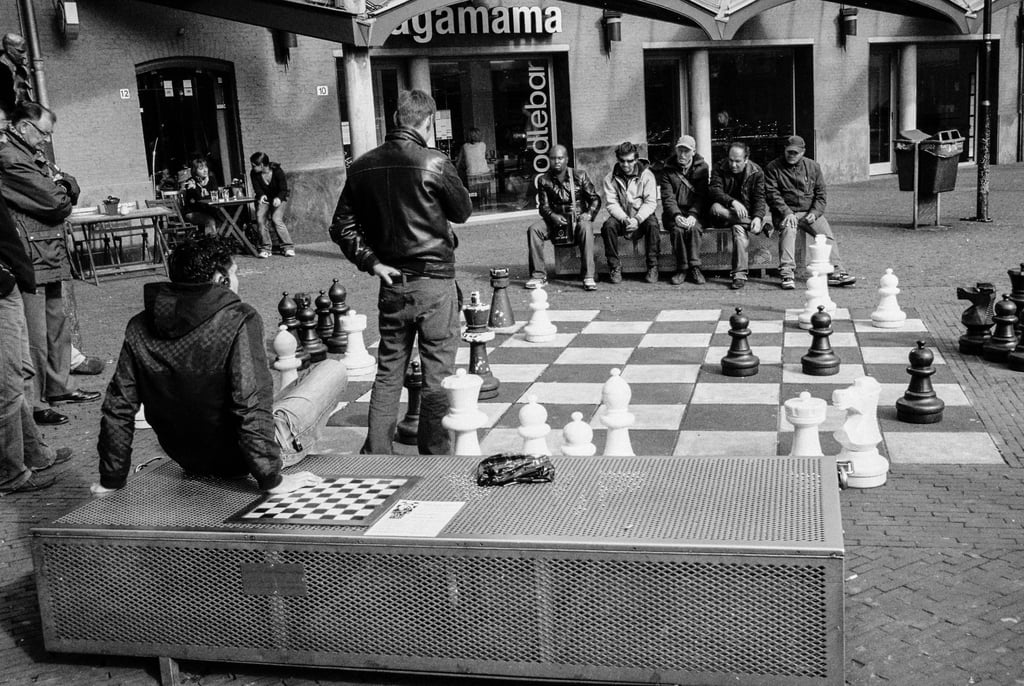
We live in a time of exponentially improving machines. First chess, then Space Invaders, go and most recently poker - our games now seem mere taunts in a struggle for supremacy between humanity and AI. Even in losing, however, we may learn something about what makes us special.
I watched a fascinating documentary about chess prodigy Magnus Carlsen on a recent flight from Hong Kong to Stockholm. The apex of the story was the epic showdown for the World Chess Championship between Magnus and his Indian rival Viswanathan Anand, that took place in the latter’s hometown of Chennai.
We tend to think of chess as a game 'solved' by AI, and yet watching the documentary made me reconsider this, and our broader relationship as humans to many of the activities that will soon be automated and driven by algorithms.
Like the original Rocky film that set a young Stallone against a pitiless, robotic Russian opponent, Anand in both temperament and style, was the polar opposite of Magnus. Anand and his team were heavily reliant on sophisticated chess analysis computers to generate options, while Magnus favored a more intuitive, spontaneous style.
The greatest fear expressed by Magnus before the match was that he would never get the chance to shift Anand from his prepared game plan and to think for himself. Sure enough, on the first day of play, Magnus struggled to overcome the sheer weight of an opponent who was essentially playing like a machine.
Then after a day of relaxation and hanging with his family, the real genius of Magnus’ playing style emerged: fast, unpredictable and highly intuitive. He effortlessly blew past Anand’s positions and became the youngest world champion ever.
People have described Magnus as the Mozart of chess - and are amazed at the creativity and speed of his playing, as if his strategy manifests from some alternate dimension. It is easy to be superstitious about what we simply don't yet fully understand, or have forgotten in a time when we simply expect machines to be better than us.
Chess was once thought to be game that was AI-complete. In other words, we believed that once we invented a computer capable of beating a top chess player, we would have also invented a computer capable of general artificial intelligence. Unfortunately, as former Chess champion Garry Kasparov discovered exactly twenty years ago, with enough computer power and some brute force algorithms - you can beat a top human player, without actually creating a truly intelligent machine.
When I interviewed Sean Gourley, the data expert famous for modeling the mathematics of war, he told me the story of how Kasparov would go on to establish freestyle chess, a tournament that demonstrated that as smart as these new machines were - they could be beaten by a good human/computer collaboration. Kasparov's 'centaur' team strategy was essentially the tactic adopted by Anand and his team - human agency and computation, hand in hand. And yet, against Magnus, the centaurs couldn't prevail.
Even in this age of automation, AI and algorithms - it is worth remembering the lesson of Magnus Carlsen and his highly intuitive game play. When it comes to breakthrough ideas, there is still no power greater than the human brain itself: the ultimate, almost magical, deep learning and insight generating tool.

